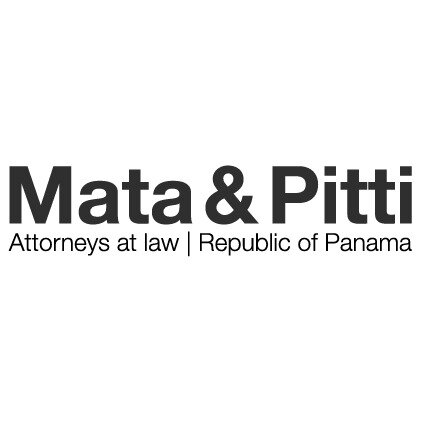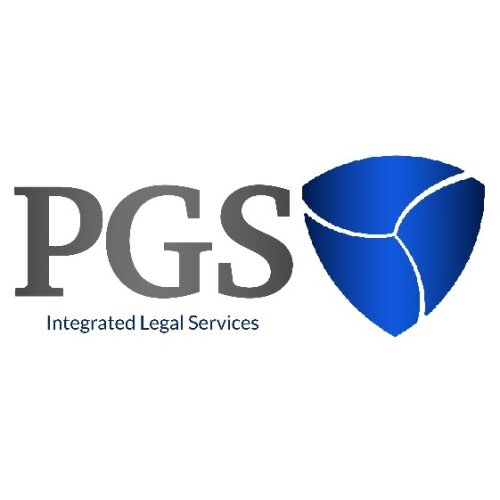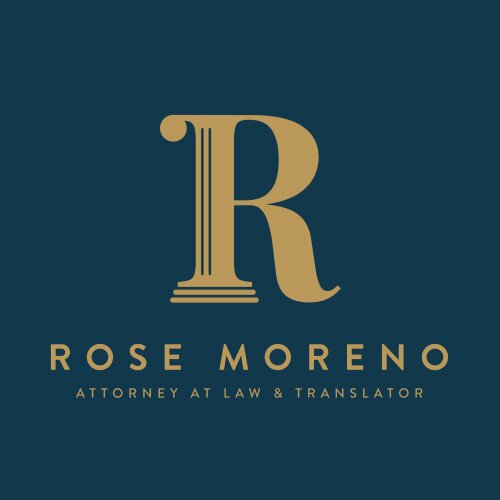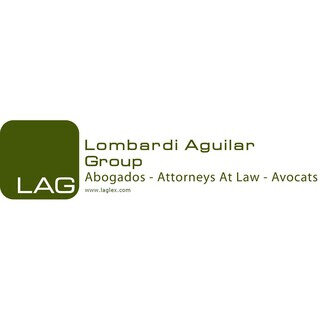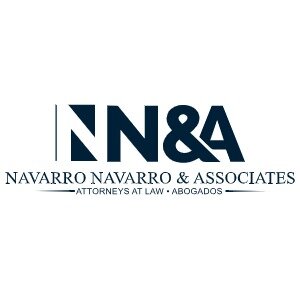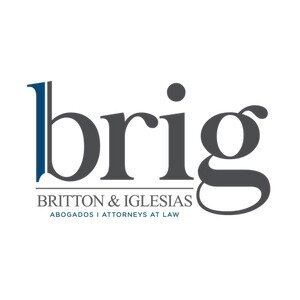Best Franchising Lawyers in Panama
Share your needs with us, get contacted by law firms.
Free. Takes 2 min.
Or refine your search by selecting a city:
List of the best lawyers in Panama
About Franchising Law in Panama
Franchising in Panama has become a popular business model in recent years, allowing individuals to own a business under a well-established brand. The legal framework surrounding franchising in Panama is complex and requires a thorough understanding of both business and administrative law. It is crucial for individuals looking to enter into a franchise agreement to seek legal advice to ensure their rights and obligations are protected.
Why You May Need a Lawyer
There are several situations where individuals may require legal help in franchising in Panama. These can include negotiating franchise agreements, resolving disputes with franchisors, understanding local regulations, protecting intellectual property rights, and ensuring compliance with tax laws. A lawyer with experience in franchising can provide guidance and representation to navigate these complex legal issues.
Local Laws Overview
In Panama, franchising is regulated by the Commercial Code and other relevant laws such as Intellectual Property Law, Consumer Protection Law, and Antitrust Law. Key aspects of the local laws that are particularly relevant to franchising include disclosure requirements, registration of trademarks, protection of confidential information, and dispute resolution mechanisms. It is important for individuals entering into a franchise agreement to understand these laws to avoid potential legal pitfalls.
Frequently Asked Questions
1. What are the requirements for franchisors to disclose information to franchisees in Panama?
In Panama, franchisors are required to provide franchisees with a disclosure document containing key information about the franchise system, financial performance, and terms of the agreement, among other things.
2. How are franchise agreements governed in Panama?
Franchise agreements in Panama are governed by the parties' contractual arrangements, as well as the Commercial Code and other relevant laws.
3. What are the intellectual property considerations in franchising in Panama?
Intellectual property rights, including trademarks, trade secrets, and copyrights, play a crucial role in franchising in Panama. It is important for parties to protect their intellectual property through registration and confidentiality agreements.
4. How are disputes resolved in franchising relationships in Panama?
Disputes in franchising relationships in Panama are typically resolved through negotiation, mediation, or arbitration, as specified in the franchise agreement.
5. Are there any restrictions on foreign franchisors entering the Panamanian market?
Foreign franchisors entering the Panamanian market are subject to certain regulations and restrictions, including registration requirements and compliance with local laws.
6. Can franchisees terminate a franchise agreement early in Panama?
Franchisees in Panama may have the right to terminate a franchise agreement early under certain circumstances, as specified in the agreement or by law.
7. What are the tax implications of franchising in Panama?
Franchising in Panama may have tax implications for both franchisors and franchisees, including income taxes, value-added taxes, and customs duties.
8. Are there any specific regulations for franchising in certain industries in Panama?
Certain industries, such as food and beverage, healthcare, and education, may be subject to additional regulations and licensing requirements for franchising in Panama.
9. How can I protect my investment in a franchise in Panama?
To protect your investment in a franchise in Panama, it is important to conduct thorough due diligence, seek legal advice, and negotiate favorable terms in the franchise agreement.
10. What are the key considerations for expanding a franchise in Panama?
Key considerations for expanding a franchise in Panama include market research, compliance with local laws, financial planning, and securing qualified franchisees.
Additional Resources
For additional resources related to franchising in Panama, individuals can reach out to the Panamanian Franchise Association (APF), the Ministry of Commerce and Industry, and the Superintendence of Industry and Commerce.
Next Steps
If you require legal assistance in franchising in Panama, it is recommended to consult with a lawyer specializing in business and commercial law. A lawyer can provide personalized advice and representation to protect your interests and ensure compliance with local regulations. Be sure to thoroughly research and compare legal professionals before making a decision on who to hire.
Lawzana helps you find the best lawyers and law firms in Panama through a curated and pre-screened list of qualified legal professionals. Our platform offers rankings and detailed profiles of attorneys and law firms, allowing you to compare based on practice areas, including Franchising, experience, and client feedback.
Each profile includes a description of the firm's areas of practice, client reviews, team members and partners, year of establishment, spoken languages, office locations, contact information, social media presence, and any published articles or resources. Most firms on our platform speak English and are experienced in both local and international legal matters.
Get a quote from top-rated law firms in Panama — quickly, securely, and without unnecessary hassle.
Disclaimer:
The information provided on this page is for general informational purposes only and does not constitute legal advice. While we strive to ensure the accuracy and relevance of the content, legal information may change over time, and interpretations of the law can vary. You should always consult with a qualified legal professional for advice specific to your situation.
We disclaim all liability for actions taken or not taken based on the content of this page. If you believe any information is incorrect or outdated, please contact us, and we will review and update it where appropriate.
Browse franchising law firms by city in Panama
Refine your search by selecting a city.



